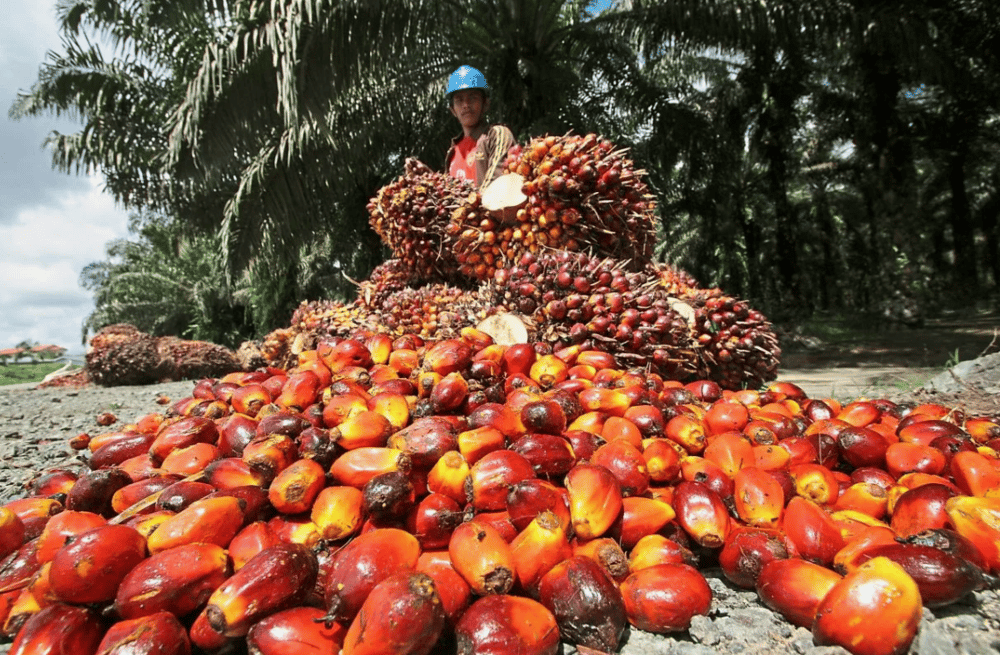India’s Palm Oil Imports Surge 84% in May: Price Gap with Soyoil Drives Market Shift
India’s palm oil imports soared by 84% in May 2025, reaching a six-month high of 592,888 metric tons, according to data released by the Solvent Extractors’ Association of India (SEA). This sharp increase was driven by declining domestic inventories and an expanding price discount between palm oil and rival soft oils such as soyoil and sunflower oil.
As the world’s largest importer of edible oils, India’s refined purchasing decisions have significant ripple effects on the global vegetable oil market. The shift in preference towards cheaper palm oil may provide upward support to Malaysian palm oil benchmarks and U.S. soyoil futures, both of which are highly sensitive to shifts in Asian demand.
Strategic Purchasing: Price Advantage and Inventory Rebuilding
The price competitiveness of palm oil, coupled with declining domestic stockpiles, triggered a strategic buying spree by Indian refiners. The widening price gap with soyoil and sunflower oil created a compelling cost arbitrage opportunity, prompting processors to rebuild inventories ahead of the monsoon season, which typically disrupts supply chains and logistics.
In global markets, Malaysian palm oil (FCPOc3) and Chicago soyoil futures (BOc1) responded positively to the news, pricing in a demand boost from the Indian subcontinent. India’s increasing reliance on palm oil could also signal a shift in long-term demand dynamics, especially as global inflation pressures persist and importers prioritize cost-efficiency.

Quick Facts
📈 Palm oil imports in May: 592,888 metric tons (+84% MoM)
📉 Trigger: Low domestic stocks and competitive pricing vs. soft oils
🌎 India's global status: World’s largest buyer of vegetable oils
🇲🇾 Market impact: Bullish signal for Malaysian palm oil (FCPOc3)
🇺🇸 Secondary effect: Supportive for U.S. soyoil futures (BOc1)
Market Reactions and Supply Chain Implications
The jump in Indian imports sent a bullish signal across the global edible oil complex. Malaysian palm oil futures recorded modest gains, and U.S. soyoil contracts rebounded after weeks of decline. Analysts noted that the surge may tighten global inventories, especially if India maintains this pace of procurement.
Traders are also watching seasonal weather patterns, as disruptions during the Indian monsoon could affect unloading schedules and inland distribution. Meanwhile, edible oil refiners are reportedly accelerating import bookings into June to hedge against potential supply-side shocks.
SEA further noted that soyoil imports also increased month-on-month, although to a lesser extent. This dual trend suggests that Indian buyers are diversifying inputs while still prioritizing price over origin, reinforcing the influence of commodity spreads on purchasing behavior.

Key Developments
Palm oil imports surged 84%, reaching the highest level since Nov 2024.
Price arbitrage vs. soyoil and sunflower oil triggered buying.
Malaysian palm oil futures (FCPOc3) and U.S. soyoil (BOc1) responded with price upticks.
Indian refiners aim to restock ahead of monsoon disruptions.
Soyoil imports also rose, confirming a broad-based procurement increase.
India’s Demand Recalibration May Reshape Global Edible Oil Markets
India’s aggressive increase in palm oil imports reflects a pragmatic purchasing strategy centered on cost optimization amid volatile global food prices. The implications are substantial: not only does this move signal renewed demand from the world’s top vegetable oil importer, but it also injects bullish momentum into global benchmarks just as many producers are facing tighter supply margins.
If the current trend continues, vegetable oil markets may need to reassess their near-term supply-demand balances, particularly as Asian demand accelerates ahead of key seasonal shifts. The trade flows observed in May may not be a one-off, but rather the beginning of a structural adjustment in India’s import patterns—driven by price rationality, inventory strategy, and supply chain resilience.















Comments
It's fascinating how falling inventories and price differences are fueling a rapid surge in palm oil imports in India.
India's soaring palm oil imports reveal a nimble response to dwindling inventories and favorable price gaps.
This acquisition signals a transformative shift in how automation will scale across industries